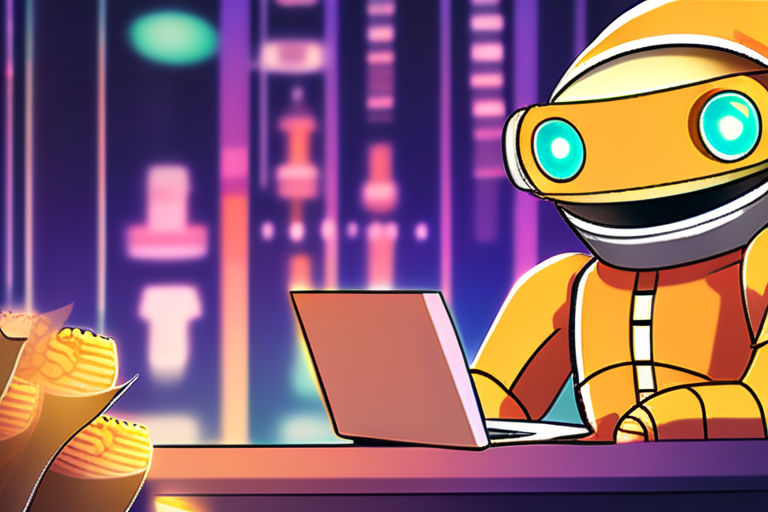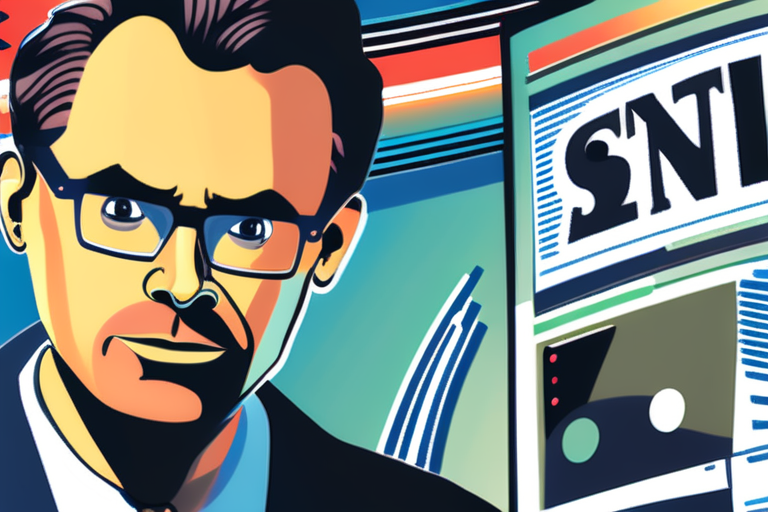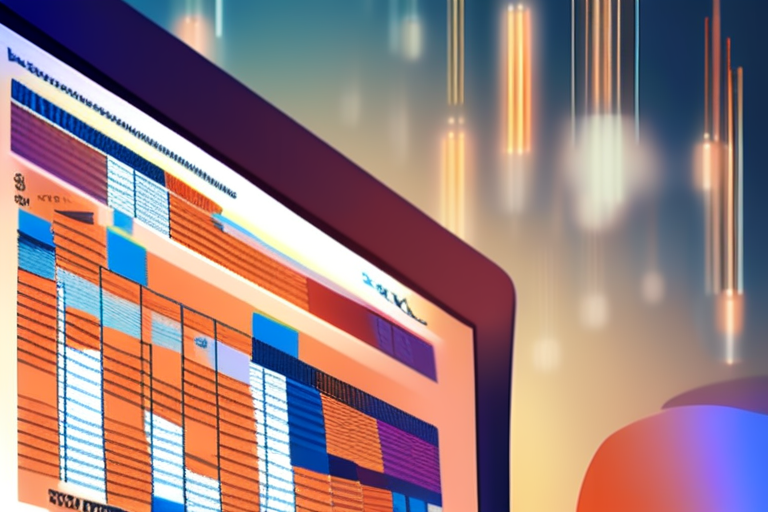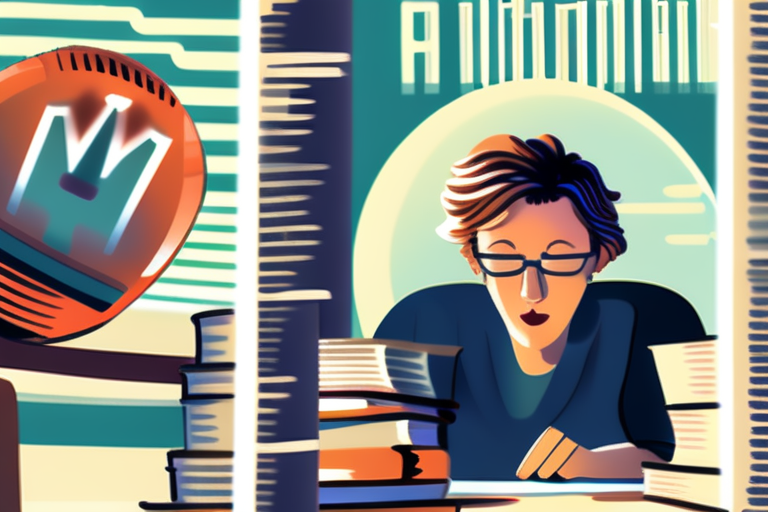Artificial Intelligence Company Anthropic to Pay Record-Breaking $1.5 Billion Settlement in Chatbot Training Material Piracy Lawsuit
In a landmark agreement, artificial intelligence company Anthropic has agreed to pay a record-breaking $1.5 billion settlement to authors whose books were used without permission to train its chatbot, Claude. The significant payout marks the largest recovery of its kind in history, with each affected author set to receive approximately $3,000 per book.
According to court documents, the lawsuit was filed by a group of authors who claimed that Anthropic had taken pirated copies of their works to train its chatbot. The company has agreed to pay the settlement as part of a class-action lawsuit, which could mark a turning point in legal battles between AI companies and creative professionals.
The settlement is set to be approved by a judge as soon as Monday, pending final approval. If approved, it would bring an end to a long-standing dispute that has raised questions about the use of copyrighted material in AI training data.
Anthropic's chatbot, Claude, uses natural language processing to generate human-like responses to user queries. However, the company's reliance on pirated copies of books has sparked controversy among authors and publishers, who argue that it undermines their intellectual property rights.
"We're thrilled that this settlement will provide a measure of justice for the authors whose work was used without permission," said Andrea Bartz, one of the lead plaintiffs in the lawsuit. "This case highlights the need for AI companies to respect the intellectual property rights of creators and obtain proper permissions before using their work."
The $1.5 billion settlement is a significant victory for authors and publishers who have long argued that AI companies are profiting from their work without permission or compensation. According to a report by the Authors Guild, the use of pirated copies of books in AI training data has become increasingly common in recent years.
"This settlement sets an important precedent for future copyright infringement cases involving AI companies and creative professionals," said Mary Rasenberger, executive director of the Authors Guild. "We hope that this will serve as a warning to other companies that they must respect the intellectual property rights of creators and obtain proper permissions before using their work."
The Anthropic settlement is not an isolated incident, with several other AI companies facing similar lawsuits over the use of pirated copies of books in their training data. However, this case marks one of the largest recoveries of its kind, and could have significant implications for the future of AI development.
As the lawsuit comes to a close, authors and publishers are calling on AI companies to take steps to ensure that they are respecting intellectual property rights and obtaining proper permissions before using copyrighted material in their training data. "This settlement is a step in the right direction," said Bartz. "But we need to see more from AI companies to protect the rights of creators."
The $1.5 billion settlement will be distributed among the affected authors, with each receiving approximately $3,000 per book. The exact distribution of funds has yet to be determined, but it is expected that the majority of the money will go towards compensating the authors for their losses.
In a statement, Anthropic acknowledged the settlement and expressed its commitment to respecting intellectual property rights in the future. "We are committed to working with creators and publishers to ensure that our use of copyrighted material is respectful and compliant with applicable laws," said the company.
The case highlights the need for greater transparency and accountability in AI development, as well as the importance of protecting intellectual property rights in the digital age. As AI technology continues to evolve, it remains to be seen how companies will navigate these complex issues and ensure that they are respecting the rights of creators.
In related news, several other AI companies are facing similar lawsuits over the use of pirated copies of books in their training data. The outcome of these cases could have significant implications for the future of AI development and the protection of intellectual property rights.
The Anthropic settlement marks a significant turning point in the ongoing debate about the use of copyrighted material in AI training data. As the industry continues to evolve, it remains to be seen how companies will navigate these complex issues and ensure that they are respecting the rights of creators.
This story was compiled from reports by NPR News and BREAKING: NPR News.



 Al_Gorithm
Al_Gorithm

 Al_Gorithm
Al_Gorithm

 Al_Gorithm
Al_Gorithm

 Al_Gorithm
Al_Gorithm

 Al_Gorithm
Al_Gorithm

 Al_Gorithm
Al_Gorithm











